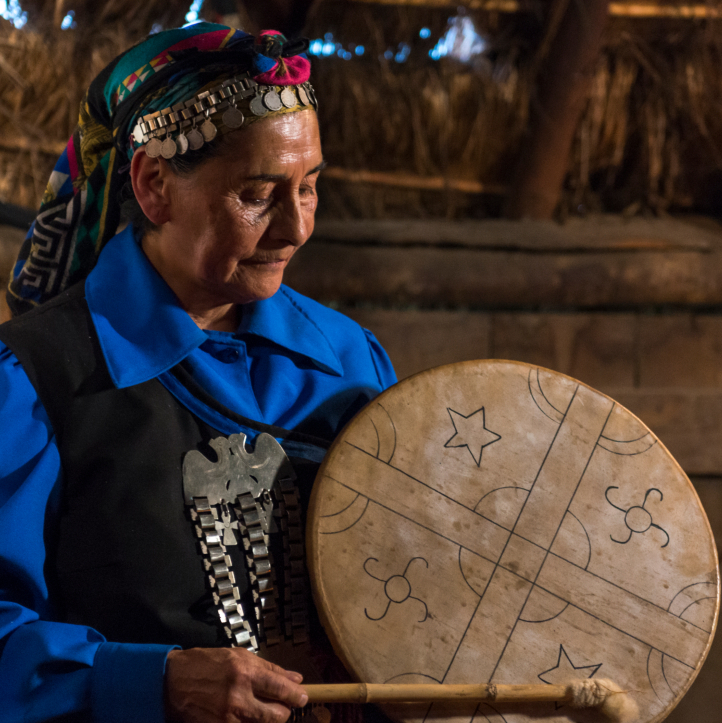The Mapuche people, indigenous to south-central Chile and southwestern Argentina, possess a rich cultural heritage that has endured for centuries. Their deep connection to the land, distinct language (Mapudungun), and vibrant traditions make them a fascinating community to explore. Travelers interested in cultural immersion can engage with the Mapuche through various experiences that offer insights into their way of life, history, and contemporary challenges.
Historical Background
The Mapuche, meaning “people of the land,” have a storied history marked by resistance and resilience. They successfully resisted Inca and Spanish invasions, maintaining their autonomy for centuries. The Arauco War, a series of conflicts between the Mapuche and Spanish colonizers, is a testament to their fierce determination to protect their territory and culture. Today, the Mapuche continue to strive for recognition and rights within modern Chile and Argentina, advocating for the preservation of their lands and traditions.
Cultural Experiences and Encounters
Ruka Visits: A ruka is a traditional Mapuche house, typically built from wood, straw, and mud. Visiting a ruka offers a unique opportunity to experience Mapuche hospitality and learn about their customs, daily life, and ancestral knowledge. Guests can participate in activities such as weaving, traditional cooking, and storytelling.
Traditional Festivals: Attending a Mapuche festival is a vibrant way to witness their cultural expressions. The We Tripantu, celebrated around the winter solstice in June, marks the Mapuche New Year. This event is filled with rituals, music, dance, and communal feasting, providing a deep dive into their spiritual and social traditions.
Mapuche Museums and Cultural Centers: Several museums and cultural centers dedicated to Mapuche heritage are scattered throughout Chile and Argentina. The Museo Mapuche de Cañete in Chile offers exhibits on Mapuche history, art, and cosmovision. These centers often provide workshops, lectures, and performances that enhance understanding and appreciation of Mapuche culture.
Eco-Tourism and Nature Walks: The Mapuche’s profound connection to nature is integral to their identity. Eco-tourism initiatives led by Mapuche guides offer treks through their ancestral lands, explaining the significance of various plants, animals, and landscapes. These walks often include explanations of traditional ecological knowledge and sustainable practices.
Workshops and Classes: Engaging in hands-on activities like pottery, weaving, or traditional medicine workshops provides a tangible connection to Mapuche craftsmanship and knowledge. These classes, often conducted by skilled Mapuche artisans, allow participants to create their own pieces while learning about the cultural significance behind the techniques.
Ethical Considerations
When engaging with indigenous communities, it is crucial to approach with respect and sensitivity. Here are some ethical guidelines we always follow:
- Support Community-Led Initiatives: we choose tours and activities that are operated by or in close collaboration with Mapuche people. This ensures that your visit benefits the community directly.
- Be Respectful: we approach with an open mind and respect for their customs and traditions. We avoid imposing our beliefs or expectations.
- Learn and Listen: we take the time to learn about the Mapuche’s history, struggles, and aspirations. Listening to their stories and perspectives fosters mutual understanding and respect.
- Avoid Exploitation: we ensure that your participation in cultural activities does not exploit or commodify their heritage. Genuine engagement should prioritize the dignity and agency of the Mapuche people.


